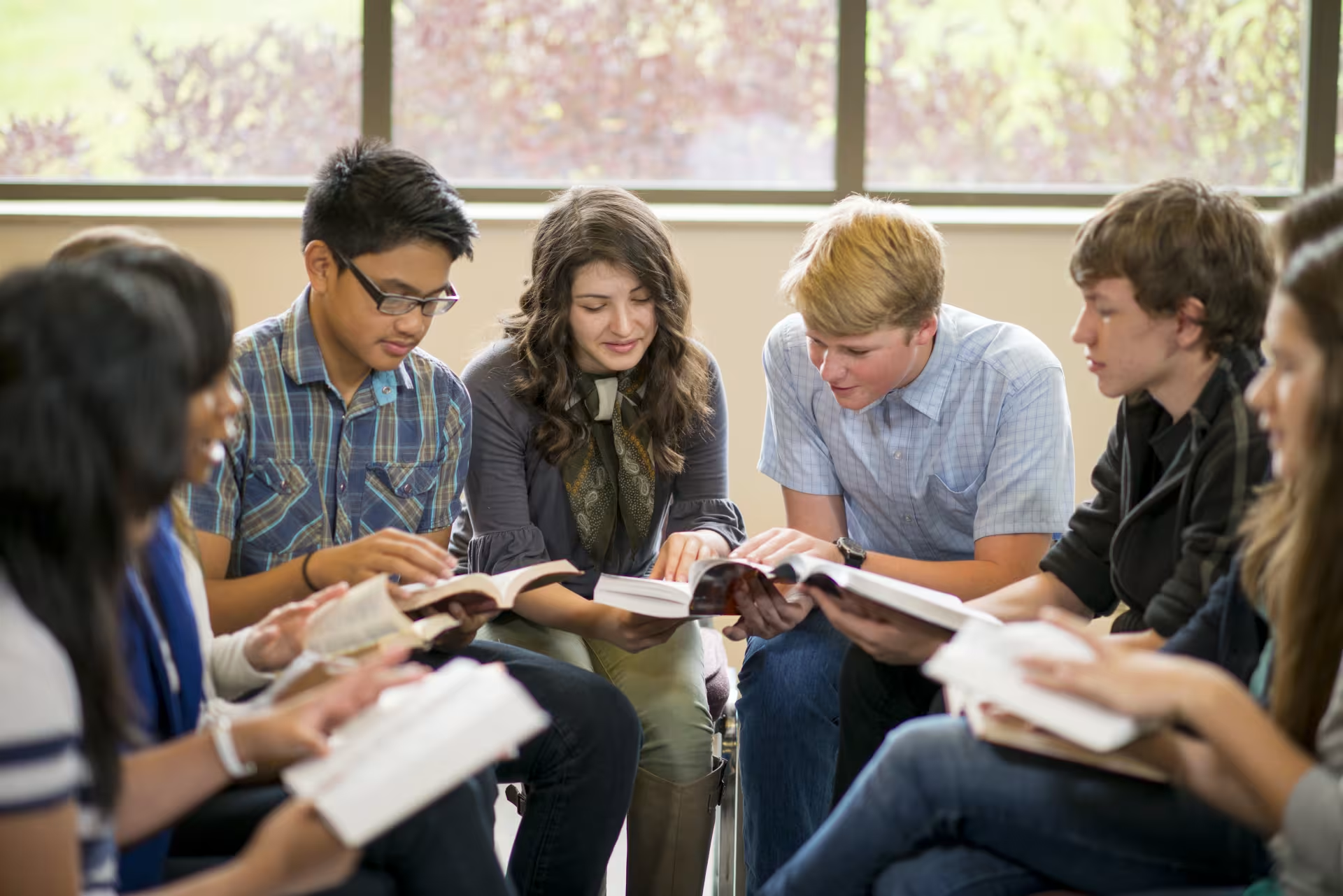Walking in God’s love may seem like an easy concept, but at times, it can be very challenging. Loving in a broken world is hard and we won’t get it right all the time. We will make mistakes, and we can still overcome them, but we can’t overcome them alone. With God and his abundant love, we can right our wrongs and bring peace to others. Let’s explore what love is, how we can practice loving others, and why that’s important.
In This Article:
What Is Love?
As the Bible says in the quote above, love is many things and there are many ways for us to love others. God loves us and wants to be more included in our lives, but we must be the ones to open the door to our hearts and let him in. It may sound easier said than done, but by practicing and putting in effort, by leaning on God’s strength and perseverance, God can transform our hearts.
How can we open the door to our hearts for God?
But in order for us to follow in God’s character and Word, we need to understand that we are called to love. God loves us and wants us to love not only him, but to love others as well. When navigating the world and trying to tackle the many problems and sins within it, it can be testing.
So, what is the opposite of love then? That would be hate.
Facing the Fork in the Road
In life, we will be faced with making hard decisions that will come with consequences, that we may or may not foresee. When facing that fork in the road, having to decide between two options, what do we do?
Oftentimes, the challenge we may be faced with is whether we are to hate or love someone. The path to each may look different from one another. The path that leads to hatred may be the wider and more used road. Whereas the loving path is narrower and less worn down. This can be because it is easier for us to hate than to love. It is easier for us to run away from the problem and not think of it instead of facing it. It is easier to get caught up in the heat of the moment and unleash your frustration.
But it is the wrong thing to do. God calls us to love people, not to hate or judge.
Even if it seems impossible to love the person who is wronging you. We can go to God to help us. Hatred gets us nowhere and solves nothing — all it does is cause more harm to you and the other person involved. By walking in God’s love, we are to disprove the sin, not the person.
How We Can Love Others
We can love others by loving the way Jesus loved us. To walk in God’s love, we can look to the role model and example that Jesus is for us when it comes to loving others. We can look up to him and practice the way he loved others and built a community. As Jesus said, the two greatest commandments are to love God with all we are and to love our neighbors as ourselves. We can follow these commandments to transform ourselves and our hearts to accept God’s love and to spread it to others.
So, what are some practical ways we can love others?
Grand Canyon University is dedicated to helping all the members of the GCU community to love others and to walk in God’s love. To learn more, take a look at our Christian identity and mission. To explore more about spiritual life here at GCU, browse through our other weekly devotionals or complete the form on this page.
Business and Honors Student






